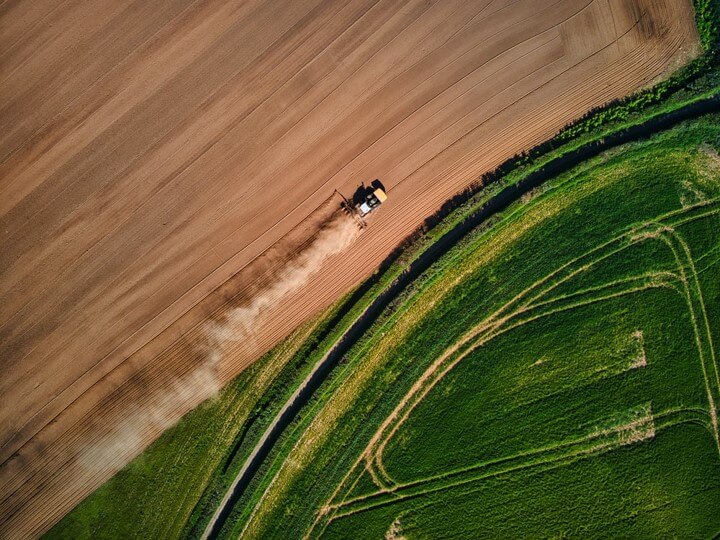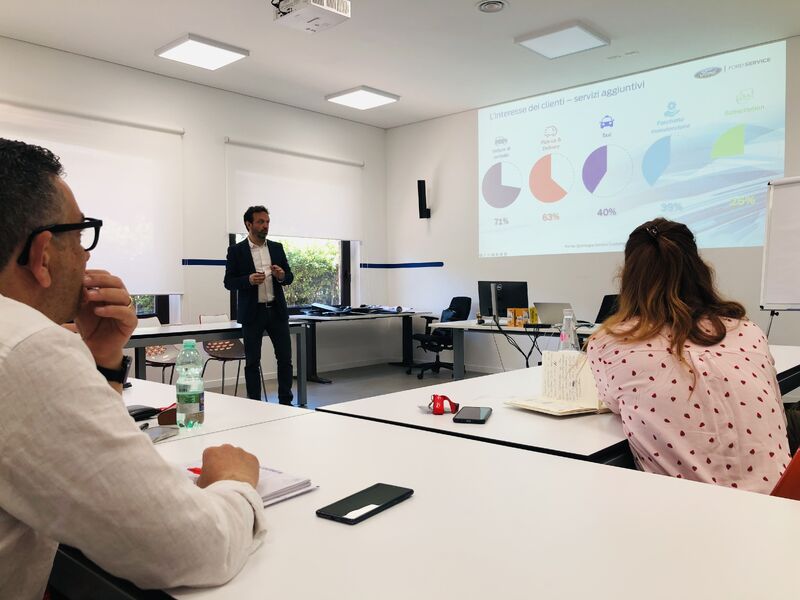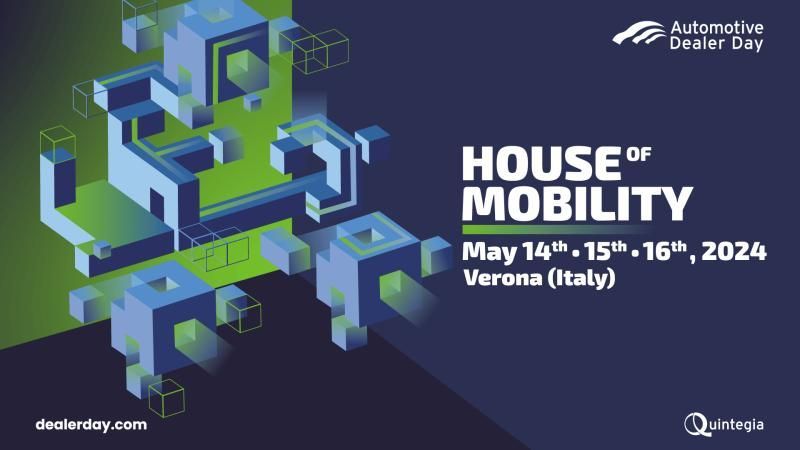A new mindset for the agricultural machinery sector

Recent improvements in agricultural machinery have brought a quantum leap in products, often not exploited by the industry.
The need for digital literacy is flanked by latent gaps: producers must adopt a new language, set a true partnership with dealer networks, greater proximity to the customer, superior professionalism at all levels of the value chain.
The agricultural sector experiences an evolution that was difficult to imagine just a few years ago.
It is a dramatic change that comes from afar and we have struggled to recognize. Technology is the driving force and the most visible factor, made much more accessible by public subsidies. We cannot say the same about the ability to translate it into concrete benefits for consumers, whether they are sales and service networks or farmers (have we really understood the meaning of Industry 4.0, IoT, PLM?).
This complex and inevitable path represents a crossroads for the choice / selection of operators, forced to rethink their legitimacy to stay on the market, starting from managerial culture, size, proactivity, interaction with customers: it is not just a question of investments.
Before that, it is worth talking about the crossroads for manufacturers, who are called for a profound change to be truly effective on the market and support the evolution of the product with similar steps in managing the markets.
How to proceed?
First of all, starting from awareness: setting aside decennial behaviours and routines will be easier through a real awareness of the panorama. Changing skin is no longer an option and looking at other experiences we could find useful tips.
Another help comes from customers. Analysing and profiling them is fundamental: discovering the real expectations of two different levels, networks and the final consumer, traces the choices needed for building a consistent approach. Users of the machines change (deeper diversification between large, small and subcontractors, more attention to management costs, rentals, birth of “new” operators, request to be guided in the precision agriculture scenario…), as well as dealer networks and service centers (complexity brings new expectations and the need for more structured dealers): questioning the status quo by reading these factors will make the growth path less uncertain.
Manufacturers also question their talent management, to combine the experience accumulated over the decades with the development and creation of new perspectives and the ability to respond. Focusing on the new required skills allows to be more attractive to talents and select the best, to foster a professionalization that is the key for the future.
Last two years’ events, as an extraordinary accelerator, have highlighted great opportunities – but at the same time a lot of waste – and indicate that excellent results will be obtained with little risk, if you choose to change. Covid, long supply chain, climate change, more sophisticated demand… show new spaces for an evolution that brings additional business in a sector wrongly considered mature, too tied to public support and less to interaction with demand.
New crops, innovative techniques, electrification and even new basic skills: how do we approach the new farmer? Not by passively accepting rules established in the past, without understanding the importance of proximity to the customer and reading the market: not understanding that change is possible, mandatory and worthwhile is an easy way to fail.
The recognition of these needs imposes an urgency that has sharpened in recent years. It is necessary to take full advantage of the great emerging opportunities, supported by the confidence of the sector (for 2021, operators expect a 13% increase in turnover*) and the excellent results in terms of sales in Europe (in H1, + 25% for tractors*): these are signs that must give a further boost.
The levers for success are proactivity, consistency within companies, growth of resources, communication with the sales/service networks, proximity to the customer, interpretation of data and demolition of silos that limit sharing. The development and implementation of concrete support programs will foster the partnership between Manufacturers and Networks, that will be more professional and profitable through the adoption of operational and business models capable of intercepting greater shares of demand. This will turn into a better service for the customer, who increasingly requires to be followed, guided, reassured in all phases of his experience.
We can’t afford the luxury of missing this train.
* CEMA Market report, 30 settembre 2021
Ph. by Red Zeppelin for Unsplash
The #Deutzfahrmer Festival has landed in Spain thanks to SDF Ibérica. Brand and strategy awareness, together with professionalization and employer branding,… Read more
Innovazione e Crescita in Ford Italia: la (rinnovata) formazione per i Customer Manager.Il ruolo di manager in un mondo in feroce… Read more
Automotive Dealer Day 2024 has confirmed the need to provide operators with useful insights and inspirations to face the change. Too… Read more



